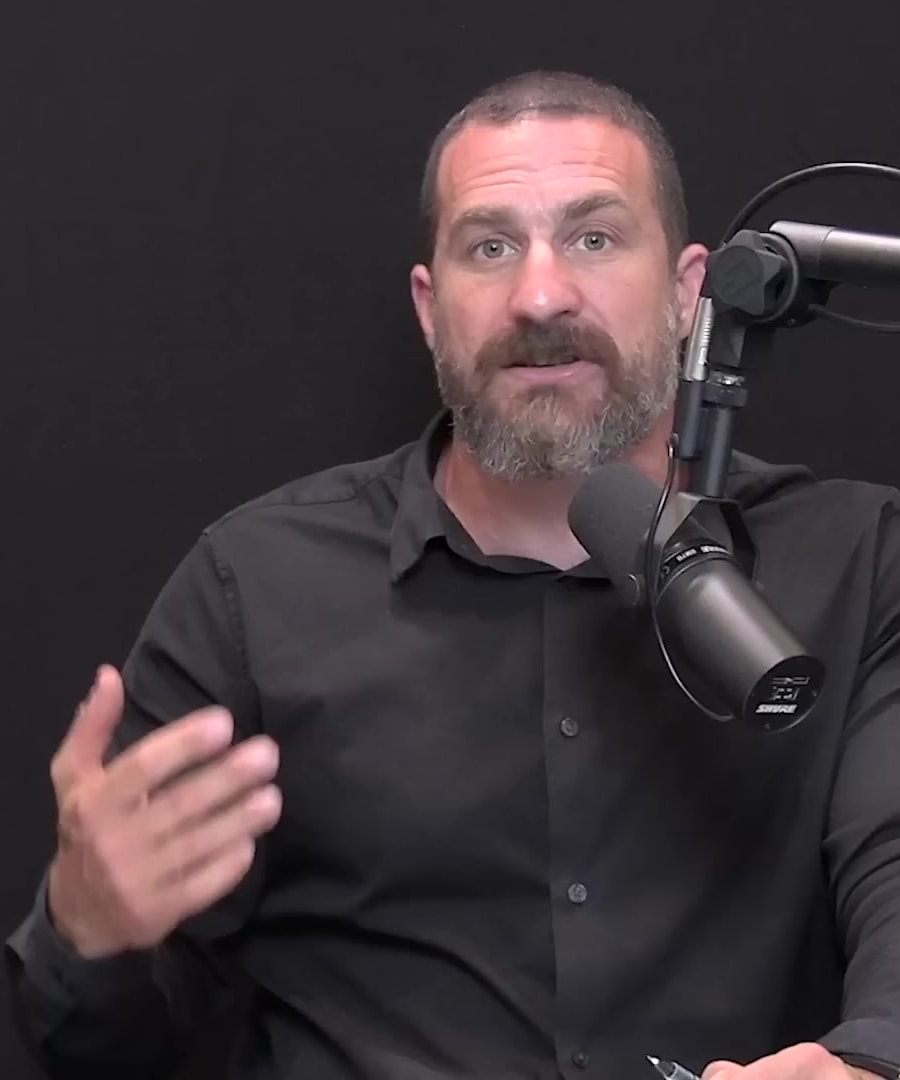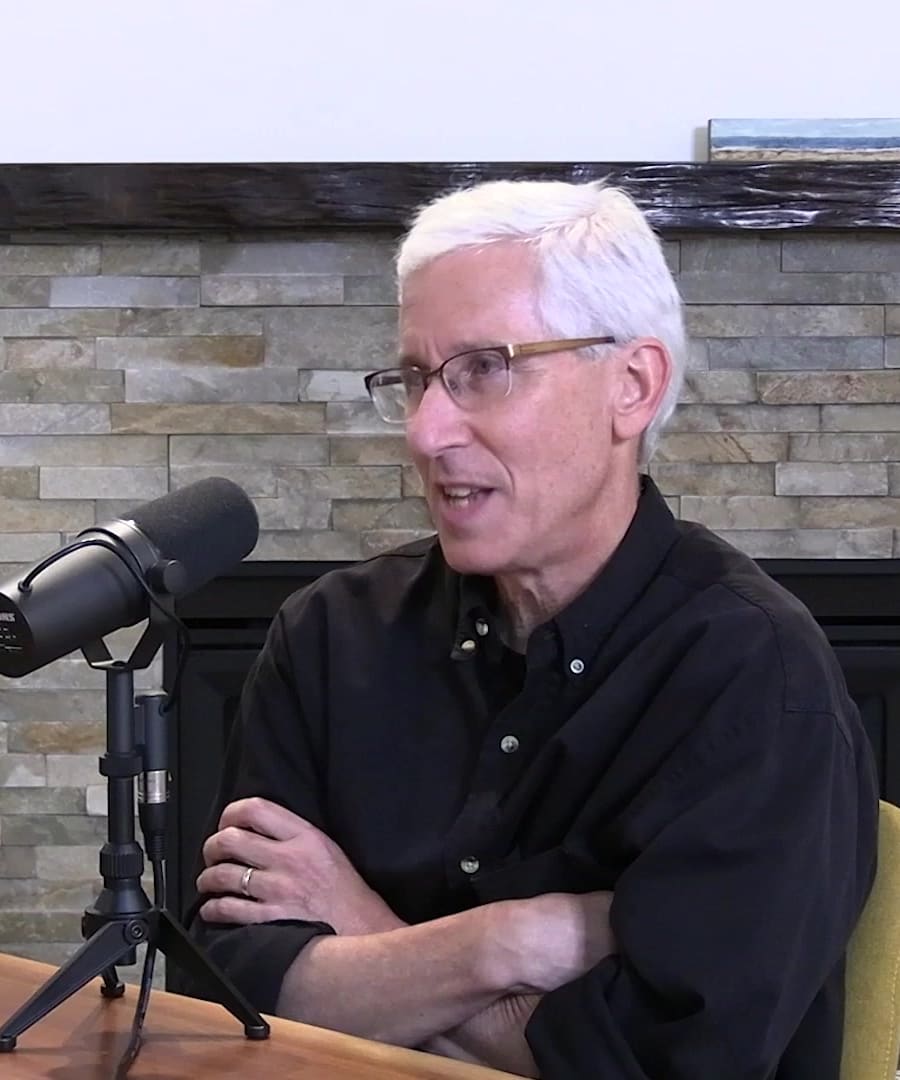Why is bright light at night bad for sleep?
Sources:
Bright light at night is detrimental to sleep because it interferes with the natural production and release of melatonin, the hormone responsible for making you sleepy and allowing you to fall asleep. In the evening, exposure to bright artificial lights, especially overhead lights, can mimic the effects of sunlight and disrupt your circadian rhythm, leading to poor sleep quality and difficulties in falling and staying asleep. It's advised to avoid bright artificial lights between the hours of 10:00 p.m. and 4:00 a.m. to maintain healthy sleep patterns 1.
Exposure to bright light, particularly between 11:00 p.m. and 4:00 a.m., can suppress dopamine release, which affects mood and learning; this release is critical to setting timings for wakefulness and sleepiness 2. Moreover, viewing bright light at these times can reduce the levels of sex steroid hormones like testosterone and estrogen, which are important for various physiological functions including mood and sleep 3.
For quality sleep and mood improvement, it is important to embrace bright light during the day and avoid artificial bright light exposure in the hours leading up to bedtime 4.
RELATED QUESTIONS
Why is bright light at night bad for sleep?
- RELATED QUESTIONS



